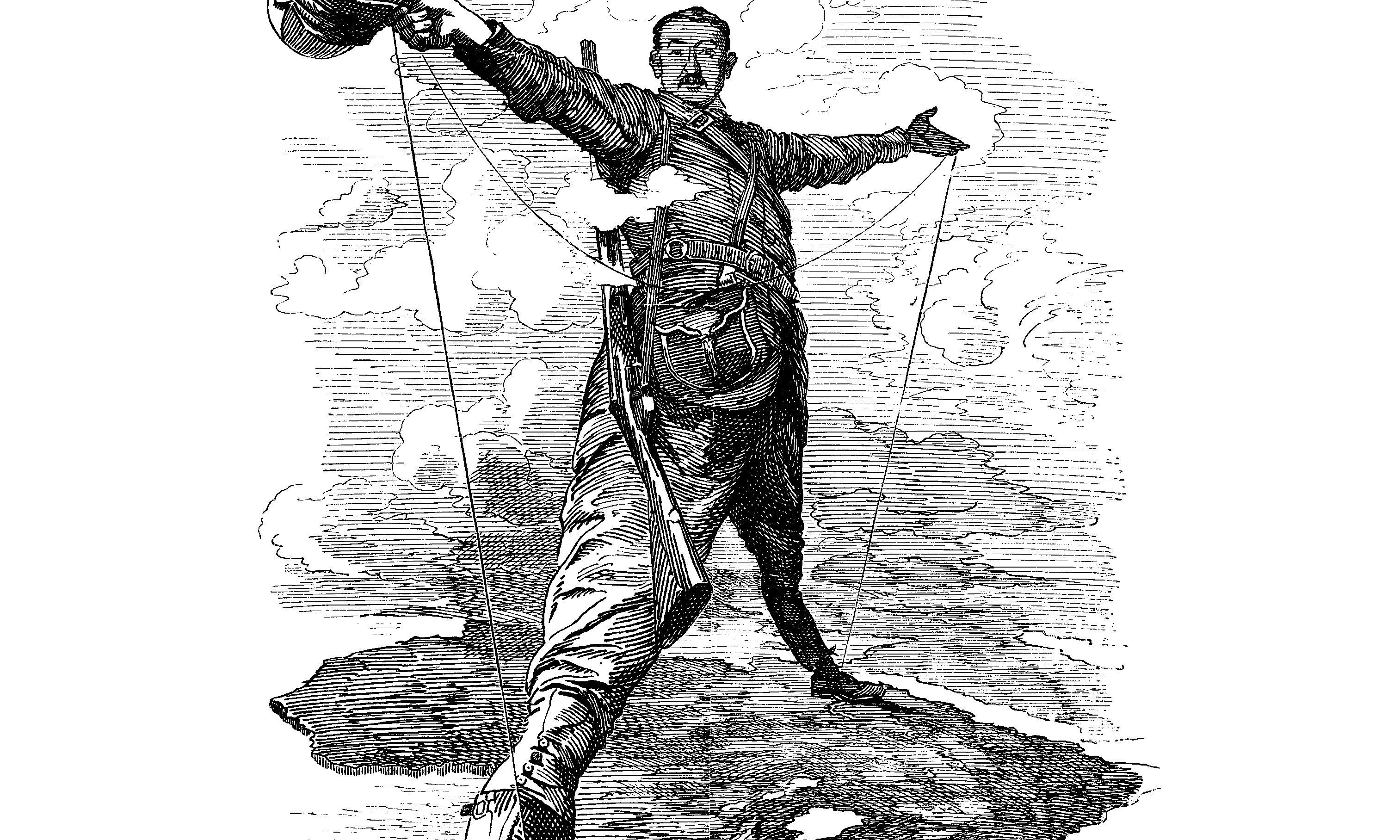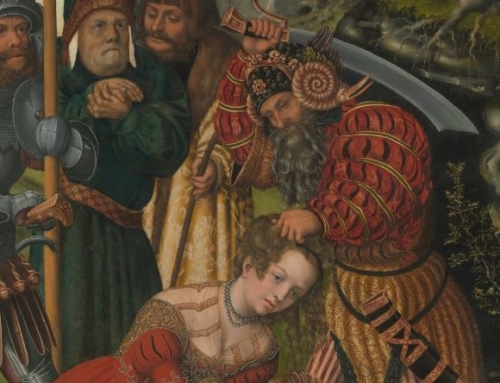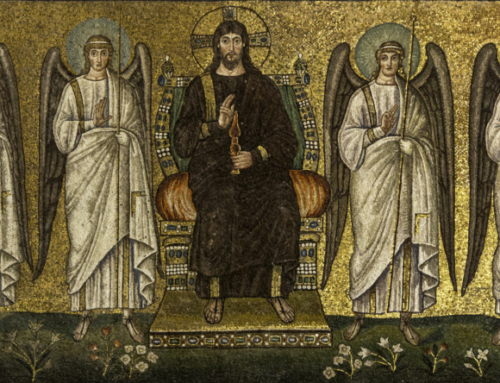Colonialism takes different forms. We are familiar with the colonialism of the Age of Discovery, when Western countries assumed control over newly discovered lands and peoples. The result was a mixed bag. On the one hand, colonialism spurred scientific ingenuity, led to the creation of new democratic states, and provided new opportunities for the spread of the Faith. But the abuse of local peoples and their resources by outsiders from the West often overshadows any of these positive effects, and for good reason. This is the dark side of colonialism: the exploitation of vulnerable peoples and their resources by stronger nations. This complex reality is presented well in the film The Mission, where the Church is portrayed as both a help and hindrance to Argentinean natives. The film also shows the tragedy fomented by the political machinations of the time.
Political machinations continue today, and there is a new colonialism at work in the global South. One bishop in Nigeria has referred to it as “cultural imperialism.” Pope Francis has used a similar term: “ideological colonialism.” The West is no longer enslaving people and stealing resources, but it is forcing its ideologies on less powerful countries. According to this article and others like it, Western countries are putting serious pressure on places like Nigeria by making material assistance contingent upon acceptance of certain Western “values,” like contraception, abortion, and promotion of same-sex marriage.
These supposed values are often promoted in the name of tolerance, equality, and “reproductive health.” But attempting to coerce another culture to adopt such positions is the opposite of tolerance. Tolerance should mean the capacity to live peacefully beside those you disagree with. Indeed, mutual forbearance among different cultures despite such differences should be a hallmark value of a democratic society. Tolerance has increasingly (and perversely) come to mean the inability to accept differences should they clash with the status quo. That is, it’s beginning to look a lot like intolerance.
Of course, in our national and international relations we should be intolerant of injustice where we find it because injustice harms the common good. We should promote the common good, which is the temporal and spiritual goods man needs to flourish. The society that provides these goods to its constituents will be a just one. A good example of fighting injustice, and thus promoting the common good, is collaboration among states to battle Islamic terrorism; but a faulty one is this new colonialism. It is unjust and undemocratic for a nation (or bloc of nations) to pressure a more vulnerable nation (or bloc of nations) to accept practices that are highly debatable—let alone, simply immoral—and that they find morally unacceptable. Countries should be able to determine for themselves how social mores are reflected in law without undue influence by outsiders.
There are good reasons why the Church continues to battle this ideological push in Southern nations like Nigeria and the Philippines, and why Western nations and NGOs should stop pushing. For example, the latter often use Malthusian arguments that attempt to correlate population growth with social problems. Malthus’s arguments have been roundly debunked by economists, such as by Julian Simon in The Ultimate Resource. And there are many other good reasons to resist these “values.” But a primary reason is because the Church upholds the family as the fundamental cell of society, and will therefore always protect it from threats. The Church knows the family is a treasury of love. It is in the family we learn the Faith. It is in the family we learn important virtues needed to succeed in life and to contribute to society. And it is precisely the family that these “values” attack.
The West wreaked serious damage during the first age of colonialism. This new version is just as dangerous, for it strikes at the root of society and culture. The relationship between the West and the global South should be marked by collaboration and respect. This will go a long way to heal past wounds and to build a more just and truly tolerant global society.
✠
Image: Edward Linley Sambourne, The Rhodes Colossus







